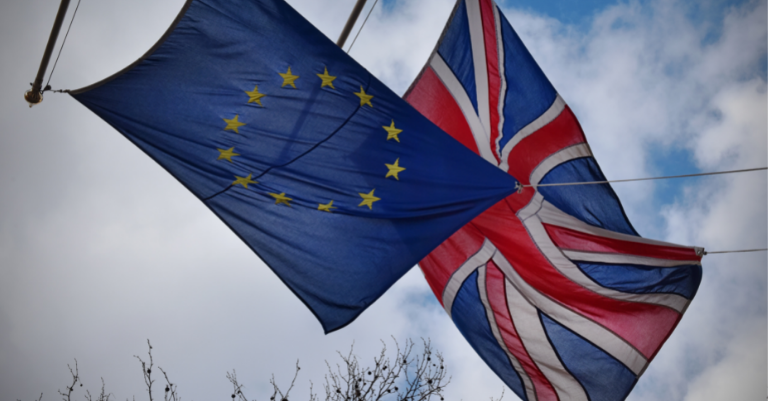This article was first published on 25th April 2022, and was updated on 2nd February 2023.
Whichever jurisdiction you are operating in, objecting to new trade mark applications is a vital step in the prevention of marketplace conflict with other brands. Any entity seeking to register a new trade mark usually has commercial plans to use it – and once it registers, they will only feel more emboldened to do so. Likewise, defending your trade mark applications against such objections is integral to securing the ability to use a chosen brand.
Looking back, the UK's exit from the EU made opposition proceedings in Europe a little more complicated for rights owners. Whereas EU trade marks used to cover the UK, brand owners and their advisers now need to treat the EU and UK separately when protecting and enforcing trade marks. Consequently, more dual, identical EU and UK trade mark applications are now being filed than pre-Brexit. This naturally means that there is an increased need for brand owners to oppose and defend both their EU and UK trade mark applications in separate proceedings.
This landscape creates challenges in understanding and coordinating the different requirements of the EU and UK opposition proceedings. Brand owners need to adopt a strategy that manages risk and budget to achieve positive commercial outcomes. We have provided information and guidance on dealing with these issues below.
EU and UK practices compared
While the legal framework and tests applied by the UKIPO and EUIPO to decide trade mark oppositions are effectively the same, there are some important differences in interpretation and procedure.
To summarise the 2 key differences between UK and EU opposition proceedings, it is important to note that:
- Deadlines are shorter at the UKIPO than at the EUIPO
- The UKIPO process for evidence and arguments is more complicated and involved than that at the EUIPO.
Further information on these and other important points of distinction are set out below. For additional advice, please see our Guide to TM opposition at the UKIPO and Guide to TM opposition at the EUIPO, or please contact one of our attorneys.
Procedure and deadlines
The UKIPO opposition window is two months, whereas the EUIPO period is three months. However, the UKIPO allows parties to extend the opposition period by one month.
Generally, EUIPO procedural deadlines are longer and allow more time (e.g. cooling-off period) for parties to agree on a settlement. There is also no requirement for the Applicant to submit a defence to the opposition to prevent a decision being issued against them by default.
UKIPO opposition deadlines are shorter, the Tribunal has more onerous requirements when it comes to granting extensions and suspensions, and there is less time built into the timetable for the parties to conduct settlement negotiations than for EUIPO proceedings.
Importantly, the UK Applicant is required to file a defence to the opposition to maintain the application, which is deemed to be withdrawn if a defence is not submitted. An EU opposition will proceed to a decision, even if it is undefended by the Applicant.
Evidence and arguments
The UKIPO requires the provision of written arguments at the point of filing an opposition to particularise the case. This is not the case at the EUIPO.
The UKIPO has strict rules for the format of evidence. The EUIPO allows more flexibility but attributes more value to certain forms of evidence than the UKIPO.
At the end of the proceedings, the UKIPO allows parties to request a hearing before a decision is taken, whereas generally only written arguments are accepted at the EUIPO.
Post-Brexit relationship between forums
There is currently no direct effect between decisions reached in one forum (except in rare cases; for example, where the EU rights extended into the UK on Brexit were already being challenged at the EUIPO).
The UK has put pre-existing EU law into its legislation, which means previous EUIPO and EU Court decisions still have persuasive value at the UKIPO. By contrast, UKIPO decisions will not have persuasive value at the EUIPO.
There have historically been differences in interpretation and decision-making. As time moves on, the UK may change trade mark legislation and issue new binding court decisions, which will increase divergence in practice between the UK and EU. Our attorneys’ comments on the latest developments in the UK, EU and further afield can be found at M&C Reacts.



